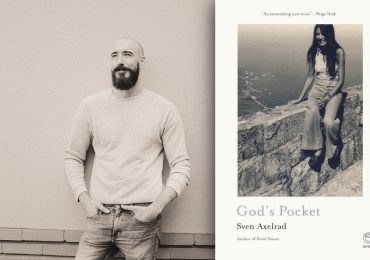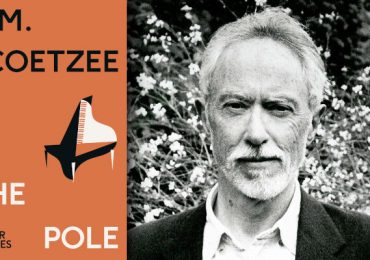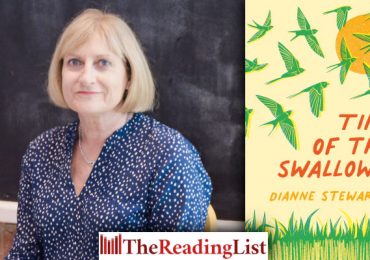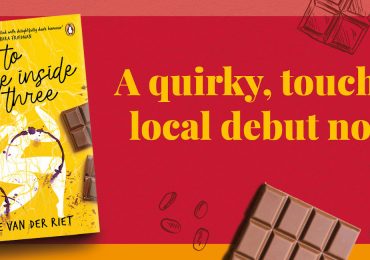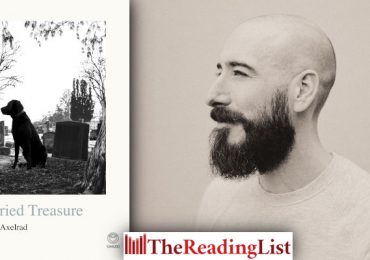How to Be a Revolutionary was recently awarded the 2023 Sunday Times Fiction Prize. The Penguin Post asked the author, CA Davids, some questions on her novel and the win.
Congratulations on winning! What does it mean to receive it for this book specifically?
It is an honour because the prize has been around for more than two decades and I was shortlisted with some incredible writers, whose work I read and respect.
For this book in particular … I did not expect to receive quite so much generosity in the reading, to be honest. It isn’t always advisable to write things which are better left unsaid: about corruption in South Africa, race in China and in the USA too – especially in a novel; we have more tolerance for these subjects in nonfiction. So, I do feel privileged to be in a position to write, and astonished to be rewarded for it.
What sources did you use to investigate the China of sixty years ago?
While there are apparently many records that document this period in the archives, these are off limits. So, there aren’t many books, but a singular courageous book, which certainly inspired one of the main characters in my novel, Zhao, was Tombstone by Yang Jisheng. He was once a journalist and using those credentials, gained access to the archives to tell the real story of what had really transpired during China’s Great Leap Forward. There are also one or two European writers who have contributed to this account.
What is your history with the work of Langston Hughes?
I only really knew him as a poet who had some sort of a run-in with the McCarthy House Un-American Activity Committee. But when I started to research Langston Hughes via his letters and biographies, I discovered a whole other world where he had played a key role in getting many South African writers published internationally.
Did you personally attend any of the Truth and Reconciliation Committee hearings locally?
No, I followed them in the press.
Did you ever feel unsafe while living in Shanghai?
Not at all. I lived a protected existence in Shanghai, which is generally a very safe place. I had a young child with me and I was doing all the usual things: walking in the parks, walking with a stroller in the city. It was all in my imagination where this second, closeted city to me, was being perceived and evaluated.
The friendship between Beth and Zhao is, to an extent, illogical, because of their difficulty to communicate and differences in age and culture. What is it that ties them together?
You’d think so, but I have found the converse to be true. I have had friendships with people with whom I could barely communicate. I continue to have close friendships with people of vastly different ages … older and younger by decades in some instances, and many nationalities, races and religions. I think we find things that bind us … there is always something if one is open to it.
What, if anything, do we owe our countries?
I’m not really sure any more … and I would never want to be prescriptive. I think do what you can, when you can?
- How to Be a Revolutionary is out now from Penguin Random House SA!
~~~
This article was originally published in The Penguin Post, a magazine about books for book lovers from Penguin Random House South Africa.

